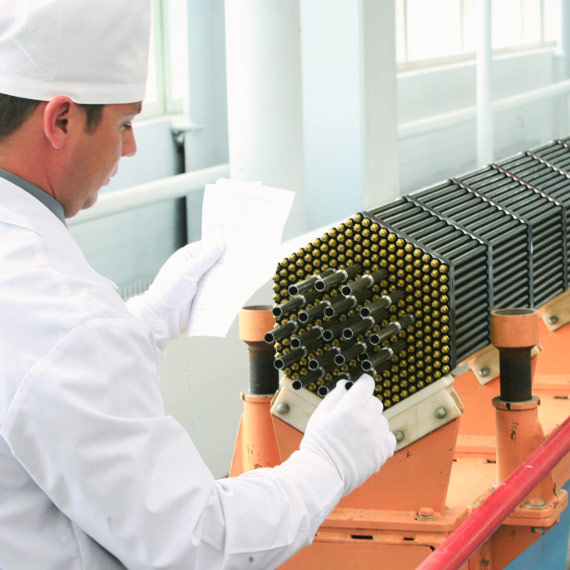Dean for Culture and Inclusion (C&I)
Present Grade: Senior Salary Scale
Department/College: Vice Chancellor’s Office
Terms of office: Full-time (or 0.8FTE)
Directly responsible to: Deputy Vice-Chancellor (DVC)
Directly responsible for: The Anti-Harassment and Bullying Team (AHBT) through the AHBT Coordinator
Budget responsibility: Responsible for the management of any budgets allocated each year
Internal contacts
- Vice-Chancellor and members of University Executive Board (UEB)
- University Leadership Group (ULG)
- EDI Committee members – a joint sub-committee of Council and Senate
- Student Experience Committee members – a joint sub-committee of Council and Senate
- Members of Education Committee, Research Committee, and their sub-committees, as required
- Members of the Engagement Strategic Advisory Group and Library Strategic Advisory Group
- Staff working on EDI activity in faculties, departments and divisions across the University
- Equality staff networks, student networks and forums, and the Chaplaincy
Students’ Union, President, Vice-Presidents and Chief Executive
University Dean for Colleges - Students and staff of the University
- The University’s recognised Trade Unions
External contacts:
- Regional and International Strategic Partner Institutions
- Advance HE
- Office for Students
- UUK/UCEA
- Specialist EDI advisory groups/bodies
- Regional and national networks
- Community representatives














